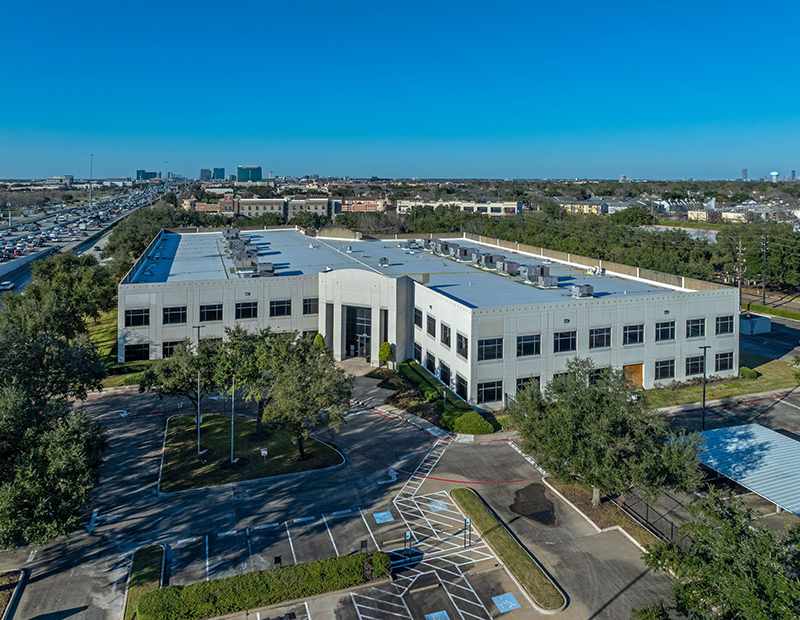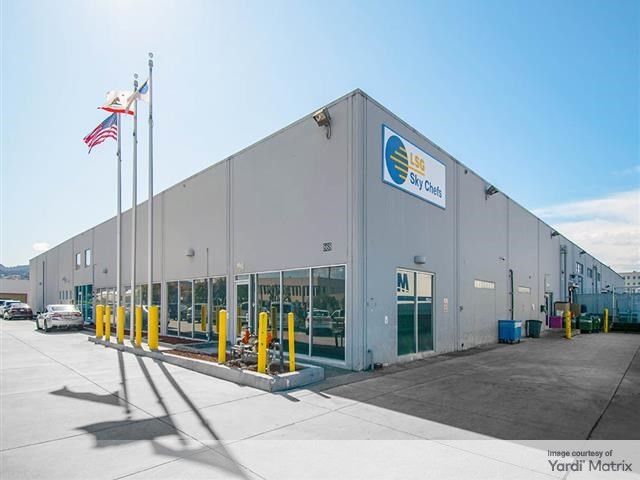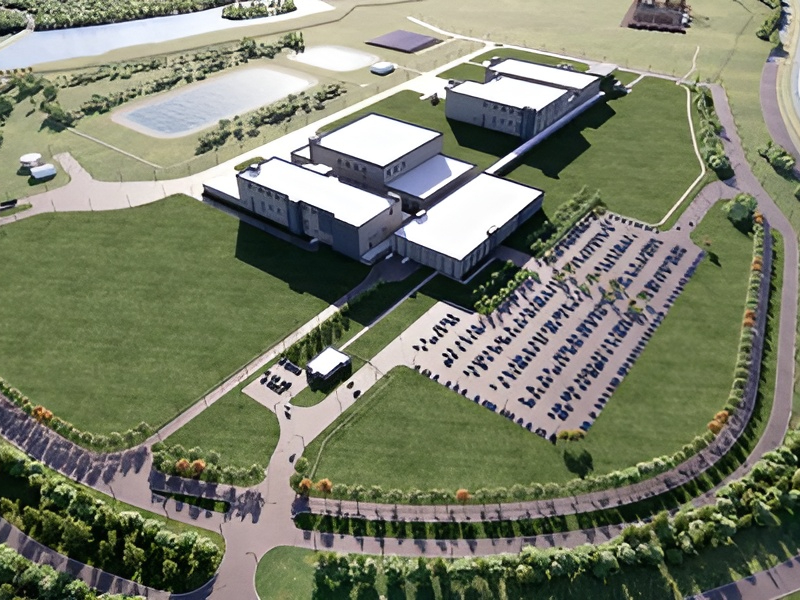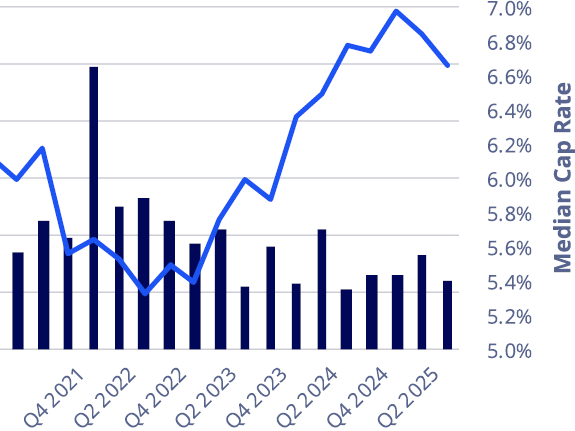CDO Stack: Metaverse vs. AR and VR in CRE
Deloitte’s John D’Angelo untangles several definitions that are becoming increasingly relevant in CRE.
Last year I wrote about the intersection of real estate and the metaverse. What triggered that topic was a spike in questions from clients who were interested in real estate ownership in the metaverse.
At the time, I didn’t even understand the question or why it was of interest. I quickly understood why people were asking, and in the ensuing 10 months since I penned that column, interest in the topic seems to have waned. As a student of emerging technologies, particularly those that have or should have relevance to the industry, I’ve recently spent time becoming smarter about the metaverse.
READ ALSO: CRE’s Top Tech Tools
Maybe the first thing to get out of the way is a firm admission of being at least a little wrong. Back in May of last year, almost everything I described as promising about the metaverse and real estate use cases was, in fact, simply describing augmented and virtual reality (AR & VR). I’m very grateful that nobody reached out to fight me on my mistake, as it would have been very easy to do so.
Why am I fessing up? Largely because I’m convinced that the technical and practical barriers to having a single metaverse are likely to keep it from being a reality for at least the next several years. I’m also convinced that the AR & VR use cases that I described could make an impact on commercial real estate long before the metaverse does. So we’re on the same page, perhaps a couple of definitions would be useful.
The metaverse describes a 3D virtual world that is pervasive and can be simultaneously experienced by multiple users. Other commonly agreed-upon characteristics of the metaverse include real time rendering, interoperability, synchronous or shared experience, effectively unlimited scalability, and continuity of data (objects, rights etc.).
The best analogy I’ve heard compares the metaverse to the internet. But the characteristics I’ve described above will require computing power and standards that simply don’t exist today or aren’t sufficient to make the metaverse a reality. It’ll happen, but there’s much that needs to be figured out, invented, or refined to make it both possible and practical. Most agree that this is at least a decade in the future and perhaps much longer.
Augmented reality describes technology that augments or enhances something that exists in the real world. If you’ve ever used the Google Translate app to “see” in English a restaurant menu written in a foreign language, you’ve experienced augmented reality. The menu hasn’t changed, but the app gives a virtual presentation of it in English—or any of a host of other languages that you’ve chosen. In the real estate industry, for example, imagine standing in shell space in an office building and using an app to “see” that space built out in a number of different ways or with different furniture. That’s augmented reality.
Virtual reality is a computer-generated environment that is immersive and enables an experience that, with increasing ability, creates a reality. As opposed to augmented reality, that reality doesn’t need to be tied to the actual world. If you take the above analogy about “walking” through a rendering of a proposed office build out (or several different build outs), but you’re doing it from an entirely different location with a VR headset on, you’re experiencing virtual reality.
Like I said, I’m excited about the existing and potential applications of AR and VR that have implications and hold promise for commercial real estate. And I’m grateful that I didn’t get called out on conflating the two with the metaverse. Thanks for allowing me to do that myself.
John D’Angelo is a managing director with Deloitte and is the firm’s real estate solutions leader, designing solutions to address client challenges and push the industry forward. With more than 30 years of experience as a management consultant to the global real estate industry, John has helped some of the biggest names in real estate leverage technology and use data to optimize and transform their operations.









You must be logged in to post a comment.